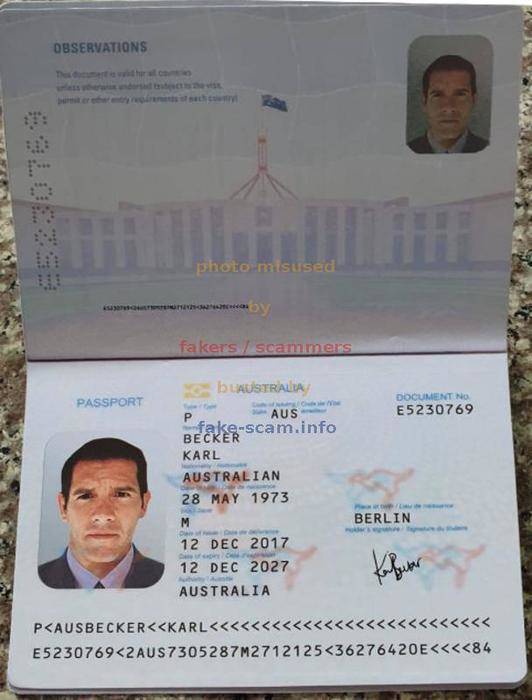A fake ID can help you do a number of things. It can help you get a job, reduce your chances of getting caught, and allow you to drink alcohol. However, before you buy a fake ID, you should read our fake ID reviews first. This way, you’ll have a better idea of what to expect from a fake ID.
Can be a lifesaver
Having a fake ID can save your bacon in a number of situations. For example, you can use one to book a hotel room. A hotel is an excellent location to have a bash, as it is not visible to the public. You can also take advantage of the services of the hotel staff to clean the room afterward. Before purchasing a fake ID, you should know the requirements for your state.
Fake IDs can be a lifesaver, but they can also be a liability. A 2007 study found that 32% of sophomore college students used fake IDs. At Syracuse University, a college known for its infamous drinking culture, this could affect the local businesses.
Increases your chances of getting a job
Fake IDs are used by many people to get a job. Fake IDs are also used to commit crimes. In the US, they are most commonly used for illegal gambling. However, the consequences of using fake IDs can be significant for the person who uses them.
While using a fake ID might increase your chances of getting a job, the consequences of being caught are extremely detrimental. A felony conviction can ruin your future, and even a misdemeanor conviction can ruin your chances of getting a good job. Further, a conviction will damage your chances of getting into college or joining the military.
Fake IDs are not only illegal, but they can also be used for criminal and terrorist activities. This is why you should be cautious about providing your personal information to companies that offer fake IDs.
Allows you to drink alcohol
A fake ID allows you to purchase alcohol at a bar or club. However, it can get you into trouble if you get caught. The bouncer might notice you and be saltier than normal, or they might even take your fake ID away. If this happens, it’s best to text your friend or go to Taco Bell instead. Otherwise, you could find yourself without a drink for the night.
Fake IDs are popular among underage students, and those who make them sell them at a high price. These IDs may contain real-looking photographs of underage people or fake barcodes, but the main purpose is the same – to get alcohol and other prohibited substances. This means that many teenagers try to circumvent the law to get access to the restricted substances they want. They often steal alcohol from local supermarkets and then sell it as their fake ID.
Reduces your chances of getting caught
Using fake IDs is not only illegal, it carries substantial risks. Even if you do not get caught, you can end up paying hefty fines and face major legal consequences. There are many ways to reduce your risk of getting caught, including learning about the laws in your state.
Fake ID laws vary from state to state and involve different kinds of crimes. Some states will consider making fake IDs a felony, while others will consider them misdemeanors. A misdemeanor conviction is not very serious, but will make you look untrustworthy and can make it difficult for you to get a job, go to college, or join the military.
One study concluded that fake ID ownership was associated with heavy drinking, and the likelihood of drinking heavily increased when the person had a fake ID. However, this association was weaker when controlling for the type of drinkers. For instance, college students who have fake IDs were more likely to be heavy drinkers than those without fake IDs. This suggests that reducing the availability of fake IDs may reduce the risk of heavy drinking, as it is a symptom of a larger problem.
Increases your chances of catching a fraudster
There are several steps you can take to increase your chances of catching a fraudster. The first step is to monitor your financial transactions closely. Scammers can easily fake email addresses and use designs and logos that resemble real businesses. As a result, people often let their guard down when they receive emails from a familiar company. Be alert to emails that do not look legitimate and make sure the email doesn’t have any attachments. Be especially cautious of e-mails that contain fake photos. For example, if the person you are emailing is asking you to send money online, use an image search service to ensure that the photo is genuine.
Likewise, if you receive an unsolicited email asking for personal information, don’t respond. You should double-check the source of the email by calling the company or using the contact details provided in the email. You should also be wary of phone calls asking for remote access to your computer. If you do receive such calls, hang up immediately. These calls may pretend to be from a financial service company and ask you to enter your personal information in order to access your money. The message may also ask you to install a free update on your computer. These are all signs of scams.
